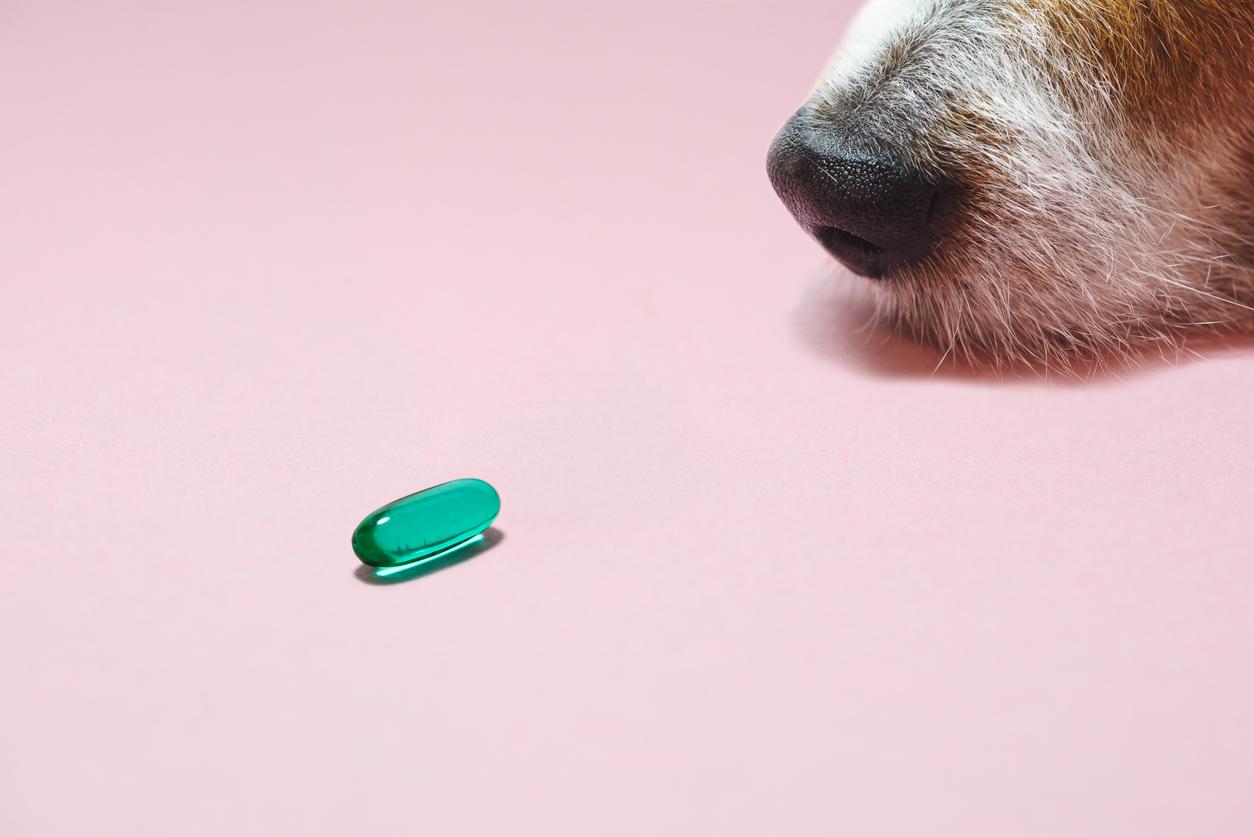A researcher succeeded in recruiting his dog into the reading committees of certain journals to denounce their practices.

If you’ve sent your scientific article to an Australian medical journal, you may know that it was proofread by … a dog. A pretty female, racy American Staffordshire Terrier, baptized Olivia Doll – Ollie for close friends. The furball has notably looked, as seriously as its canine mind allows it, on a study evaluating treatments against nerve sheath tumors.
Hoax
Does that surprise you? Is your critical mind preventing you from validating Olivia Doll’s work? We could expect as much savvy from scientific journals and their reading committees. In vain, perhaps … The hoax of a professor of health policy at Curtin University in Australia speaks volumes about the practices found in some unscrupulous journals.
Originally, Mike Daube just wanted to have fun by sending Ollie’s candidacy for a post of proofreader to several scientific journals, as recounted Slate and PerthNow. But while the medical journals concerned all fell into the trap, he saw the opportunity to denounce a state of affairs.
Naive researchers
“All academics receive this kind of e-mail from fake newspapers,” explains Mike Daube to the PerthNow site. They try to take advantage of younger academics, naïve researchers ”who want to add as many publications as possible to their CVs.
These journals seem prestigious, but in reality they charge researchers to disseminate their work without checking author credentials or peer reviews.
This is how a dog was able to sit on a reading committee and reread an article on the treatment of nerve sheath tumors. “A poor soul wrote an article on this topic in good faith, so that the newspaper would then send it to a dog for proofreading,” sighs Mike Daube.
.















